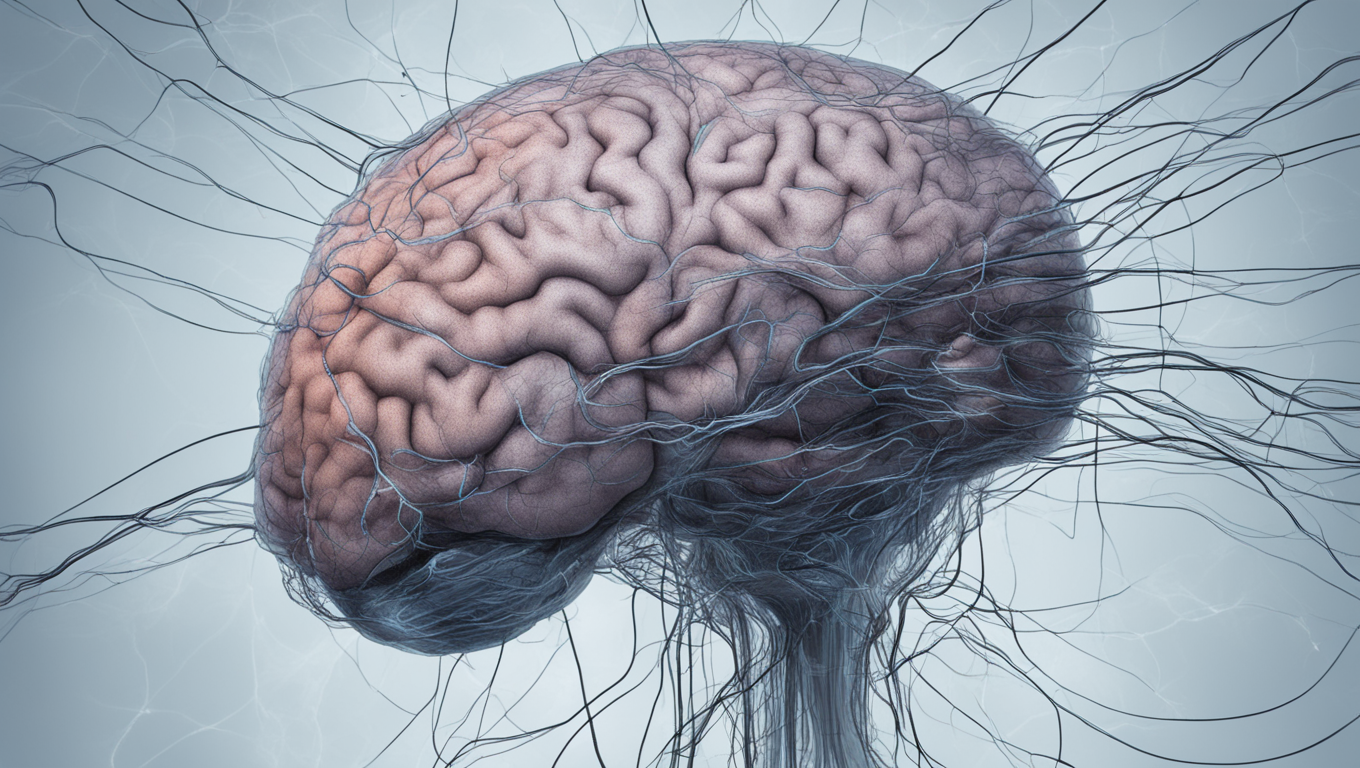Google’s new artificial intelligence (AI) system, Gemini, is a groundbreaking development in the realm of AI. Unlike previous AI systems, Gemini has the ability to understand and respond to various prompts, including pictures, text, speech, music, and computer code. Its capabilities go beyond just handling text or images and provide a glimpse into the future of AI, where it can analyze and respond to real-time information from the outside world.
However, it’s worth noting that Gemini’s capabilities may not be as advanced as they appeared in a viral video that showcased edited prompts. Nevertheless, the rapid advancement of AI systems is undeniable. AI is progressing towards handling increasingly complex inputs and outputs, reliant on the training data available to them. Currently, companies like Google, OpenAI, and Meta primarily train their AI models on digitized information from the internet. However, efforts are underway to expand the scope of data that AI can work with.
One such expansion involves using always-on cameras, microphones, and other sensors to provide real-time data to AI systems. Google’s Gemini has already demonstrated its understanding of real-time content, such as live video and human speech. With access to new data and sensors, AI will have the capability to observe, discuss, and act upon occurrences in the real world.
For instance, self-driving cars already collect enormous amounts of data while operating on roads. This data is used not only to operate the vehicle but also to construct long-term computer-based models of driving situations. These models can enhance traffic flow and assist authorities in identifying suspicious or criminal behavior. In homes, motion sensors, voice assistants, and security cameras are already detecting activity and learning our habits. As AI’s understanding of habits becomes more advanced, it can infer activities in the home and even predict future events. Doctors could use this data to detect early signs of ailments like diabetes or dementia and recommend lifestyle changes.
This comprehensive knowledge of the real world positions AI to act as a true companion in all aspects of life. It could assist with grocery shopping, providing advice on the best and most economical ingredients for a planned meal. In a work setting, AI could remind individuals of client names and interests during face-to-face meetings, suggesting strategies to secure their business. While traveling abroad, AI could engage in ongoing conversations about local tourist attractions while monitoring potential dangers.
Despite the tremendous opportunities that come with this new data, there are also concerns regarding privacy. Users have already traded a significant amount of personal information for access to free products like social media and search engines. The future trade-offs might prove even more significant and intrusive as AI becomes involved in every aspect of our daily lives. Policy makers must comprehend this new landscape and ensure that the benefits outweigh the risks. They need to monitor the power and pervasiveness of AI models and the content they collect.
As AI expands its capabilities into the real world, the possibilities are limited only by our imaginations. It has the potential to revolutionize various aspects of life, but careful consideration must also be given to privacy concerns.





Use the share button below if you liked it.